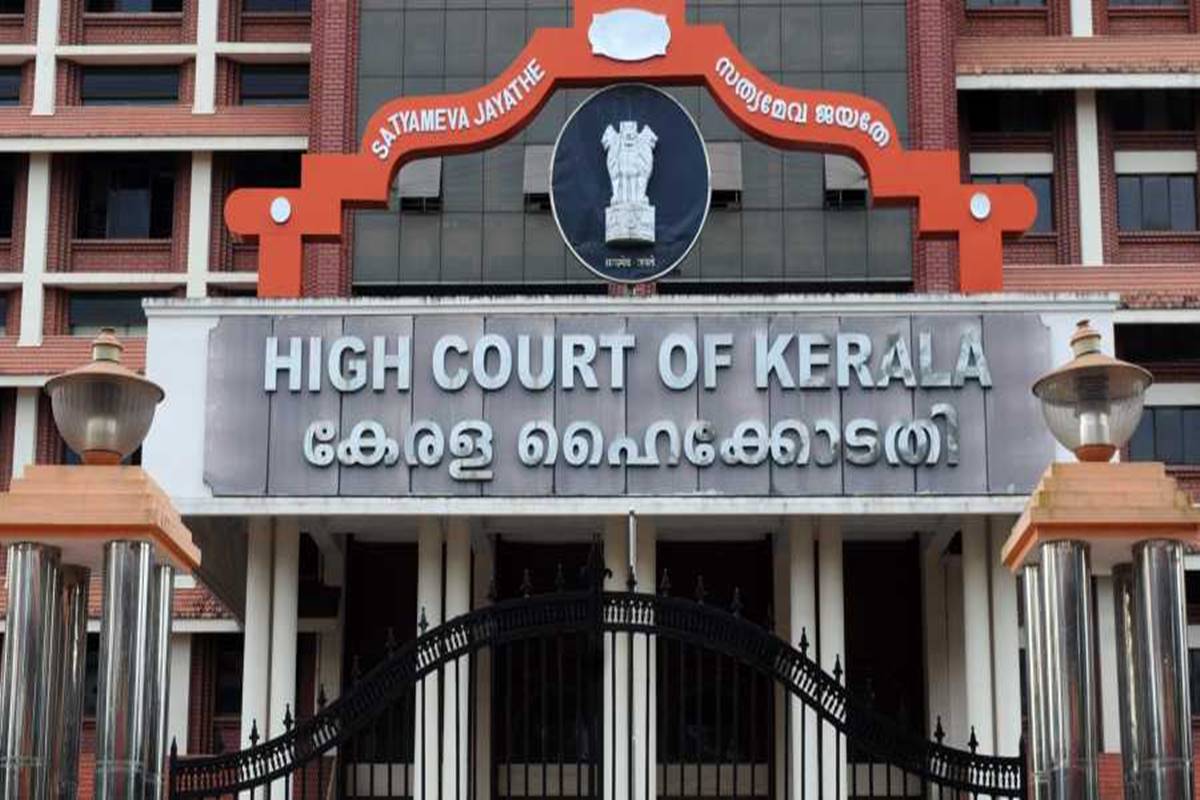The Kerala High Court on Tuesday dismissed the petition filed by Malayalam film producer Sajimon Parayil challenging the State Information Commission’s (SIC) order to disclose the Justice K Hema Committee report, which addresses issues facing women in the Malayalam film industry.
Dismissing the petition filed by Sajimon Parayil, a single bench of Justice VG Arun directed the state government to release the report within a week.
The court passed its order in a petition filed by Malayalam film producer Sajimon Parayil, challenging the State Information Commissioner’s directive to disclose substantial portions of the Justice Hema Commission report.
The Kerala government constituted the Hema Committee to study the issues faced by women in the film industry following a petition filed by the ‘Women in Cinema Collective’ (WCC) in 2017.
The committee submitted its report to the government in 2019, but the state declined to make it public despite several requests under the Right to Information Act. On July 5 this year, the State Information Commission directed the disclosure of the report after redacting certain portions. The commission stated that making the report public was in the larger public interest.
This decision was challenged in the High Court by Malayalam film producer Sajimon Parayil, who alleged that only limited redactions had been ordered before the disclosure of the report.
Sajimon Parayil’s petition contended that the SIC’s order would breach the confidentiality assured to those who provided testimony, potentially exposing them to retaliation and harassment.
He contended that the SIC’s order did not comply with Section 11 of the Right to Information Act (RTI Act), which mandates notice to affected parties.
During the hearing on Tuesday, the petitioner’s counsel argued that the disclosure violates fundamental privacy rights, breaches the confidentiality promised to witnesses, and goes against public policy. The petition also highlighted that widespread disclosure of the report, even with redactions, poses significant risks of identifying individuals who provided testimonies under assurances of confidentiality.
The counsel for the State Information Commission argued that the petitioner has no locus standi to approach the court. It was stated that substantial portions of the report had been redacted to ensure that no private details of third parties would be revealed, and that there was no violation of privacy.












